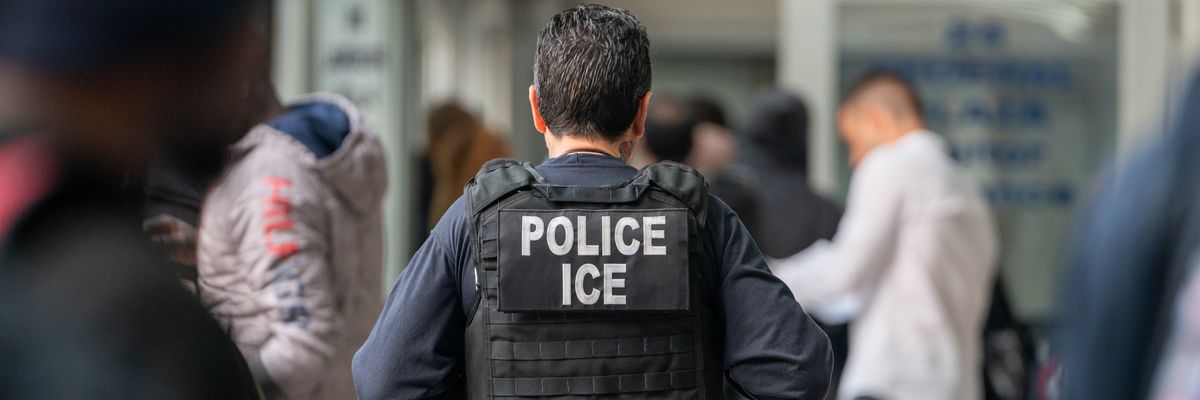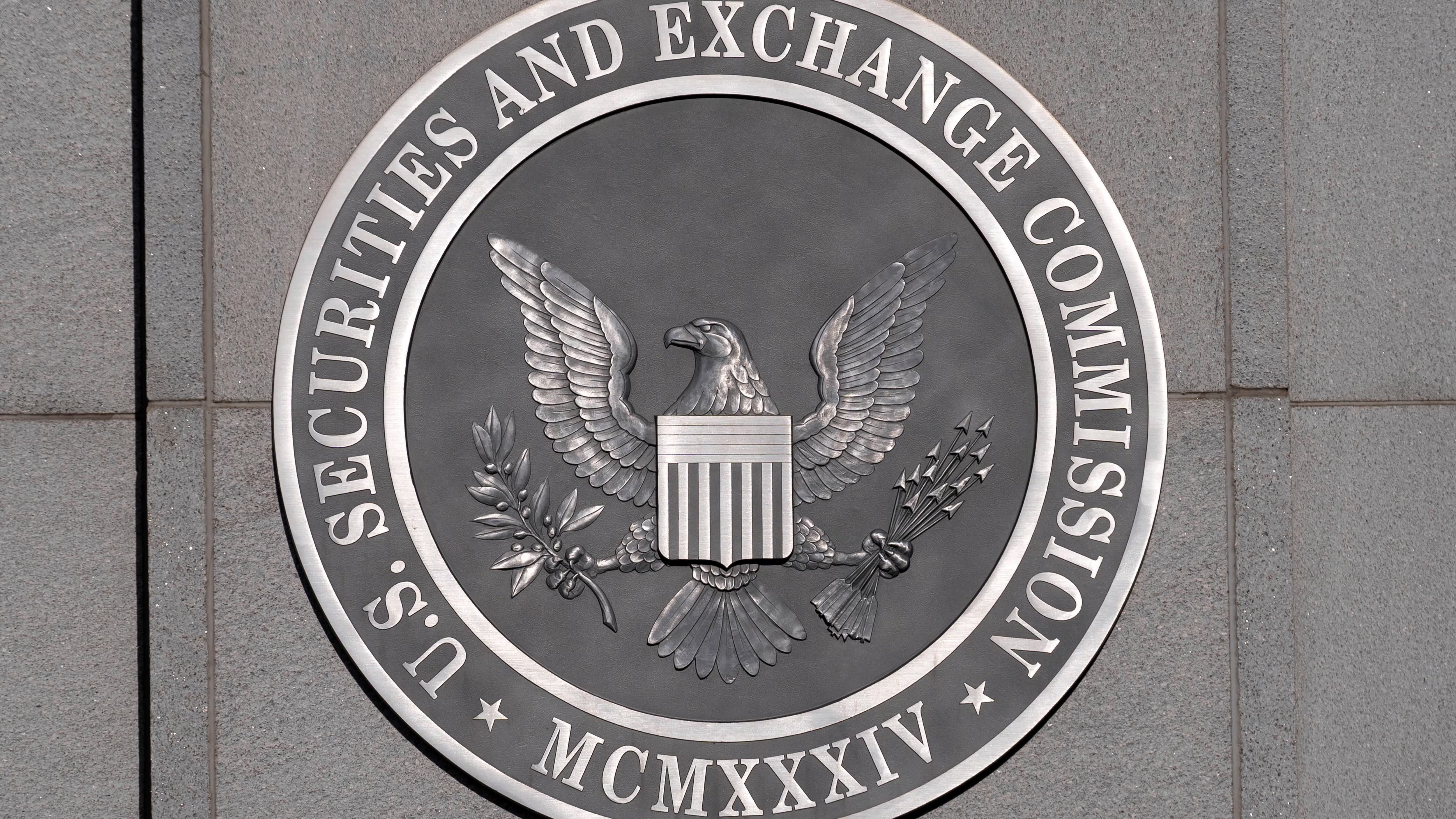Israeli forces advance further into Gaza and destroy its only cancer hospital
The Israeli military said its forces advanced deeper into the Gaza Strip on Friday and blew up the only specialised cancer hospital in the war-torn territory. Defence Minister Israel Katz said Friday that his country would carry out operations in Gaza “with increasing intensity" until Hamas frees the 59 hostages it holds — 24 of whom are believed alive.
Issued on: 21/03/2025 -
By: FRANCE 24

Israeli forces advanced deeper into the Gaza Strip on Friday and blew up the only specialised cancer hospital in the war-torn territory, as Israeli leaders vowed to capture more land until Hamas releases its remaining hostages.
The hospital was located in the Netzarim Corridor, which splits Gaza in two and was controlled by Israeli troops for most of the 17-month-long war. Israel moved to retake the corridor this week shortly after breaking the ceasefire with Hamas. The truce delivered relative calm to Gaza since late January and facilitated the release of more than two dozen hostages.
Read moreTwo French nationals 'seriously injured' in strike on UN buildings in Gaza
The Israeli military said it struck the Turkish-Palestinian Friendship Hospital, which was inaccessible to doctors and patients during the war, because Hamas militants were operating in the site. Turkey, which helped build and fund the hospital, said Israeli troops at one point used it as a base.
Dr. Zaki Al-Zaqzouq, head of the hospital’s oncology department, said a medical team visited the facility during the ceasefire and found that, while it had suffered damage, some facilities remained in good condition.
“I cannot fathom what could be gained from bombing a hospital that served as a lifeline for so many patients,” he said in a statement issued by the aid group Medical Aid for Palestinians.
The Turkish foreign ministry condemned the hospital's destruction and accused Israel of deliberately “rendering Gaza uninhabitable and forcibly displacing the Palestinian people”.
Hospitals can lose their protected status under international law if they are used for military purposes, but any operations against them must be proportional. Human rights groups and UN-backed experts have accused Israel of systematically destroying Gaza’s health care system.

Israel’s renewed military offensive in the Gaza Strip threatens to be even deadlier and more destructive than the last, as it pursues wider aims with far fewer constraints.
Defence Minister Israel Katz said Friday that his country would carry out operations in Gaza “with increasing intensity" until Hamas frees the 59 hostages it holds — 24 of whom are believed alive.
“The more Hamas continues its refusal to release the kidnapped, the more territory it will lose to Israel,” Katz said.
Sirens sound over Jerusalem
The Israeli military said Friday its forces were planning fresh assaults into three neighbourhoods west of Gaza City, and issued warnings on social media for Palestinians to evacuate the areas.
The warnings came shortly after the military said it intercepted two rockets fired from northern Gaza that set off sirens in the Israeli coastal city of Ashkelon. Hamas had also fired three rockets the previous day in its first attack since Israel ended the ceasefire.
A long-range missile fired by Yemen’s Houthi rebels set off air raid sirens over Jerusalem and central Israel for the fourth day in a row Friday, with the military saying it was intercepted.
Israeli troops had moved Thursday toward the northern town of Beit Lahiya and the southern border city of Rafah, and resumed blocking Palestinians from entering northern Gaza, including Gaza City.
Displaced Palestinians fled northern Gaza along a coastal road Friday carrying their belongings, firewood and other items on horse-drawn carts.

A strike east of Gaza City on Friday killed a couple and their two children, plus two additional children who weren’t related to them, according to witnesses and a local hospital. The Israeli army said it struck a militant in a Gaza City building and took steps to minimize civilian harm. It was not immediately clear if the army was referring to the same strike.
And in the southern city of Rafah, Palestinian municipal officials said Israeli bombardments forced residents to move outdoors in rainy weather, deepening their suffering.
Netanyahu defiant over push to fire domestic security chief
In Israel, Prime Minister Binyamin Netanyahu 's push to fire the country’s domestic security chief has deepened a power struggle focused largely over who bears responsibility for the Oct. 7, 2023, Hamas attack that sparked the war in Gaza. It also could set the stage for a crisis over the country’s division of powers.
Hours after Netanyahu's Cabinet unanimously approved the firing Ronen Bar, head of the Shin Bet security service, the Supreme Court ordered a temporary halt to his dismissal until an appeal can be heard no later than April 8. Netanyahu’s office had said Bar’s dismissal was effective April 10, but that it could come earlier.
Israel’s attorney general has ruled that the Cabinet has no legal basis to dismiss Bar. However, Netanyahu sounded defiant in a social media post Friday evening, saying: “The State of Israel is a state of law and according to the law, the Israeli government decides who will be the head of the Shin Bet.”
Critics say the move is a power grab by the prime minister against an independent-minded civil servant, and tens of thousands of Israelis have demonstrated in support of Bar, including outside Netanyahu’s residence on Friday.
Netanyahu has resisted calls for an official state commission of inquiry into the attack and has tried to blame the failures on the army and security agencies.
Around 600 Palestinians have been killed since Israel relaunched the war with a wave of predawn air strikes across Gaza on Tuesday, which came as many families slept or prepared to start the daily fast for the holy month of Ramadan.
Israel had already cut off the supply of food, fuel and humanitarian aid to Gaza’s roughly 2 million Palestinians, aiming to pressure Hamas over the ceasefire negotiations.
The attack by Hamas-led militants on Oct. 7, 2023, killed some 1,200 people and took 251 hostages. Most of the hostages have been freed in ceasefire agreements or other deals. Israeli forces have rescued eight living hostages and recovered the bodies of dozens more.
Israel’s retaliatory offensive has killed more than 49,000 Palestinians, according to the Gaza Health Ministry. It does not say how many were militants, but says more than half of those killed were women and children. Israel says it has killed around 20,000 militants, without providing evidence.
(FRANCE 24 with AP)
Geneva (AFP) – A United Nations investigation concluded Thursday that Israel carried out "genocidal acts" in Gaza through the destruction of its main IVF clinic, maternity facilities and other reproductive healthcare facilities.
Issued on: 13/03/2025 -

The UN Commission of Inquiry said Israel had "intentionally attacked and destroyed" the Palestinian territory's main fertility centre, and had simultaneously imposed a siege and blocked aid including medication for ensuring safe pregnancies, deliveries and neonatal care.
Israeli Prime Minister Benjamin Netanyahu reacted by calling the findings "false and absurd".
In a statement, the UN commission said it found that Israeli authorities "have destroyed in part the reproductive capacity of Palestinians in Gaza as a group through the systematic destruction of sexual and reproductive healthcare".
It said this amounted to "two categories of genocidal acts" during Israel's offensive in Gaza, launched after the attacks by Hamas militants on Israel on October 7, 2023.
The United Nations' genocide convention defines that crime as acts committed with intent to destroy, in whole or in part, a national, ethnical, racial or religious group.
Of its five categories, the inquiry said the two implicating Israel were "deliberately inflicting on the group conditions of life calculated to bring about its physical destruction" and "imposing measures intended to prevent births within the group".
'Chronic lying'
The three-person Independent International Commission of Inquiry was established by the UN Human Rights Council in May 2021 to investigate alleged international law violations in Israel and the Palestinian territories.
Commission member Chris Sidoti explained that the crime of genocide concerned action and intention -- both general and then specific -- and the report had so far only looked at action.
"We have not made any finding of genocide. We have identified a number of acts that constitute the categories of genocidal act under the law. We have not yet examined the question of genocidal purpose," he told a press conference.
"We'll be soon in a position to deal comprehensively with the question of genocide," he added, potentially later this year.
Hamas spokesman Hazem Qassem told AFP the report "confirms what has happened on the ground: genocide and violations of all humanitarian and legal standards".
He said it underscored "the urgent need to expedite the prosecution of its (Israel's) leaders for these crimes and ensure their swift trial at the International Criminal Court".
Netanyahu branded the Human Rights Council an "anti-Israeli circus".
He said the UN "once again chooses to attack the state of Israel with false accusations, including absurd claims".
Israel's mission in Geneva accused the commission of advancing a "predetermined and biased political agenda... in a shameless attempt to incriminate the Israel Defence Forces".
In response, Sidoti said Israel "continues to obstruct" the inquiry's investigations and prevent access to Israel and the Palestinian territories.
"They clearly do not read our documents. They clearly have an agenda that they pursue, totally devoid of any relationship to fact. It's chronic lying," he said.
Destruction of IVF clinic
The report said maternity hospitals and wards had been systematically destroyed in Gaza, along with the Al-Basma IVF Centre, the territory's main in-vitro fertility clinic.
It said Al-Basma was shelled in December 2023, reportedly destroying around 4,000 embryos at a clinic that served 2,000 to 3,000 patients a month.
The commission found that the Israeli Security Forces intentionally attacked and destroyed the clinic, including all the reproductive material stored for the future conception of Palestinians.
It concluded that the destruction "was a measure intended to prevent births among Palestinians in Gaza, which is a genocidal act".
'Extermination'
Furthermore, the report said the wider harm to pregnant, lactating and new mothers in Gaza was on an "unprecedented scale", with an irreversible impact on the reproductive and fertility prospects of Gazans.
Such underlying acts "amount to crimes against humanity" and deliberately trying to destroy the Palestinians as a group -- "one of the categories of genocidal acts", the commission concluded.
The report concluded that Israel had targeted civilian women and girls directly, "acts that constitute the crime against humanity of murder and the war crime of wilful killing".
Women and girls died from complications related to pregnancy and childbirth due to the conditions imposed by the Israeli authorities impacting access to reproductive health care, "acts that amount to the crime against humanity of extermination", it added.
Sidoti said the next steps "certainly involve the courts", and countries could take action themselves under international law.
"If they waited for action by the Security Council they'd be waiting until hell froze over," he said.
© 2025 AFP













 Five of the last six years have seen the most rapid glacier retreat on record. © Olivier Morin, AFP file photo
Five of the last six years have seen the most rapid glacier retreat on record. © Olivier Morin, AFP file photo





